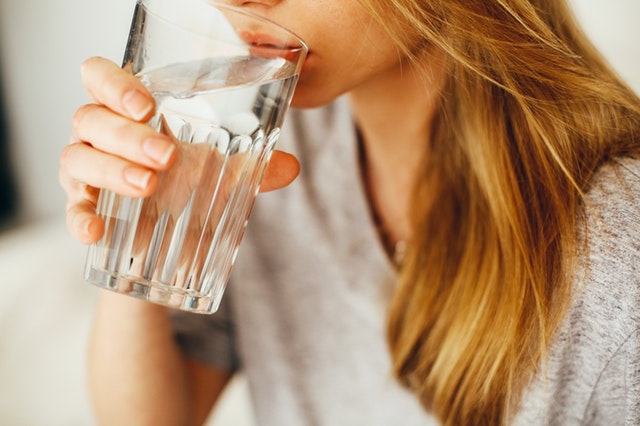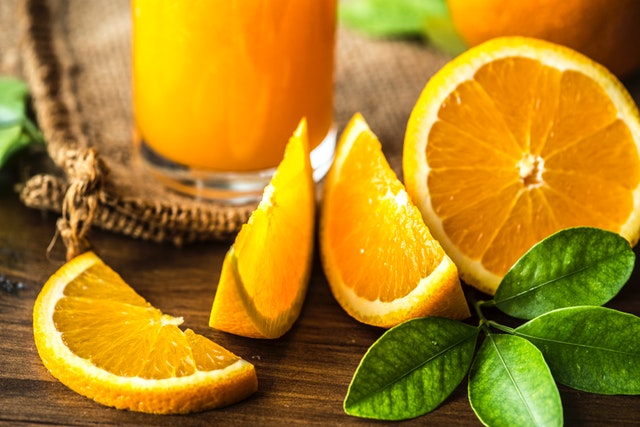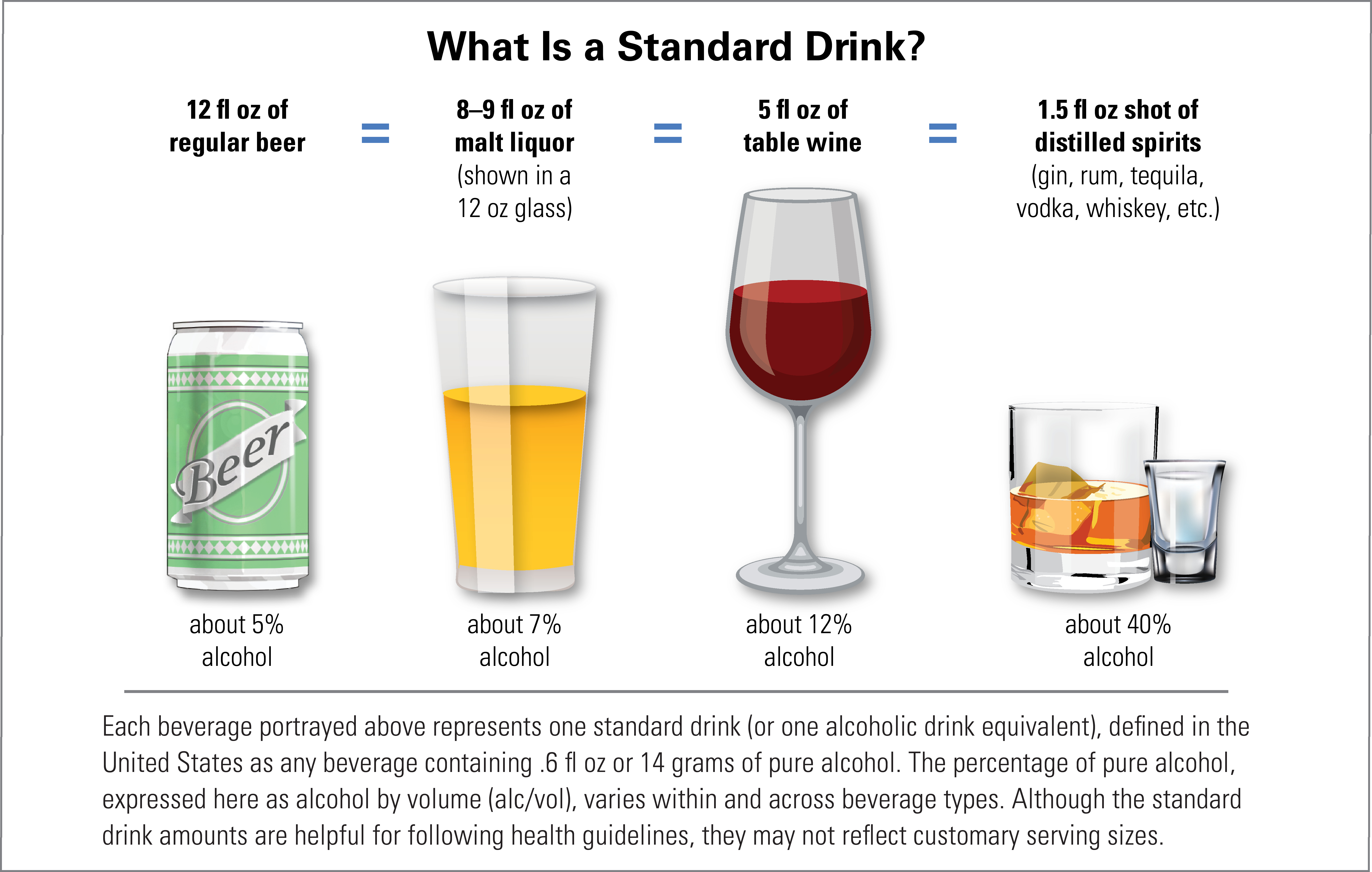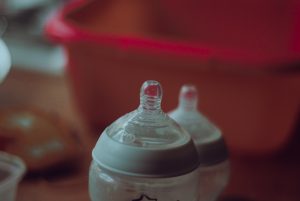Breastfeeding can be quite an activity that demands extra energy from the mom. Paying close attention to your diet, including what you drink, is important to keep your breast milk supply in its best quality. Breastfeeding mothers should keep themselves hydrated with either water, milk, or natural fruit juices during meal times and after every nursing session.
However, breast milk can carry active ingredients like alcohol and caffeine. To learn more about the beverages you can drink and should limit, find out more in this article!
STORY TIME:
With my first son Samuel, I thought that I could not drink or eat any raw foods while breastfeeding, I pretty much thought the rules were the same as pregnancy. However, there have been lots of research done now that say having a drink now and again really isn’t any harmful. After 9 months of pregnancy, then labor, then lots of endless nights a girl deserves a nice glass of wine! I think it also helps you to transition from a state of “I am a MOM” and allows you to feel a little more like yourself. This never made me feel bad or guilty. I just made sure that it was in moderation and that I timed it right in accordance to my babies needs.
In A Nutshell…
- Breastfeeding mothers should keep themselves hydrated by drinking enough fluids throughout the day. This is done primarily to prevent dehydration.
- However, contrary to misconceptions, drinking more does not necessarily increase your milk supply.
- On average, breastfeeding mothers consume about 13 cups of liquids per day. To meet the recommendations, nursing mothers are encouraged to drink every meal time and after breastfeeding.
- Water, milk, and natural fruit juices are great options to drink as they provide the needed electrolytes and additional nutrient needs of a breastfeeding mom.
- Alcoholic and caffeinated drinks, although acceptable, should be consumed in moderation and in proper timing so that their active properties don’t pass down on the breast milk.
Diet and Nutrition For Breastfeeding Women
Nutrition plays a key role in the production of breast milk. A mother that chooses to breastfeed should eat a well-balanced nutrient-dense diet throughout her lactation period. Obtaining adequate nutrition is essential to support the patience, stamina, and self-confidence that breastfeeding can demand.
Nutrient Recommendations for Breastfeeding Mothers
Energy Requirements
On average, a breastfeeding mom can pump out up to 25 ounces of breast milk per day. And in order to produce a sufficient milk supply, a woman needs almost an additional 500 calories per day for the first six months. Meeting this energy means that a woman should eat an additional 330 more calories from food and let the fat reserves from pregnancy provide the rest.
This figure is completely dependent as well on the woman’s body mass index. Those that are overweight do not necessarily need to add to their caloric intake.
Nutrient Requirements
Essentially, the recommendation for your macronutrient and micronutrients will remain at the same levels as to when you were pregnant. However, there will be slight increases in the recommended amount of carbohydrate and fiber. Glucose is used to make lactose in the breast milk, so upping your carbohydrate intake can replace the losses.
Do Breastfeeding Mothers Need Extra Fluids?
Drinking adequate amounts of fluids is important for breastfeeding mothers. However, contrary to popular belief, drinking a lot of water does not really increase the amount of breast milk you produce. The studies from the Institute of Medicine have shown additional fluids have little effect on a lactating woman’s milk volume.
Even so, staying hydrated is critical to prevent dehydration. On average, a breastfeeding mother consumes about 13 cups or around 3 liters of water daily. This value is also dependent on the environmental conditions and activity of a nursing mom.
What Can You Drink When Breastfeeding?
Lactating women can enjoy a wide range of fluids and beverages. However, they should be cautious of those containing active ingredients or properties that can be passed down to the baby. So, keep yourself hydrated and enjoy the following type of beverages:
Water

Water is your best source of hydration. And although research says that drinking more water does not equal more milk supply, experts still recommend that ½ to ¾ of an ounce of water per pound of your weight should be added to their daily water intake to prevent dehydration. As a sensible and general rule, drink fluids every after a meal and each time after nursing.
Dehydration can exhibit through a variety of ways. Thirst and in the color of your urine are usually the first signs. A darker and saturated urine color often means that you should be drinking more water. In addition, you may feel:
- Nauseous
- Moody
- Have dry mouth and chapped lips
- Muscle cramps
- Dizzy spells
- Fatigue and low energy
- Constipation
Undeniably, drinking just water can be boring for some moms. To spice and add flavor to your regular water, try infusing it with different zesty and citrusy fruits like melons, strawberries, lemons, or cucumbers!
Milk

Milk is a great fluid source of protein, which is an essential nutrient for breastfeeding mothers. You can enjoy milk in combination with breakfast cereals, decaffeinated teas or coffee, or simply by itself before bedtime.
However, some moms may need to be cautious especially if their babies have extremely sensitive tummies. A small percentage of infants can have reactions to the protein found in cow’s milk. They can react by developing rashes, eczema, diarrhea, blood in stools, vomiting, or baby colic. If this is the case, you can switch cow’s milk to other milk alternatives like almond or soy.
Natural Fruit Juices

Freshly squeezed fruit juices are the best options if you want something delicious and nutritious to drink. Lemons, oranges, apples, pineapples, or tomatoes are great choices to juice and drink! They are made up of so many vitamins and minerals that can boost your energy and strengthen your immunity.
However, if you have diabetes, it’s good to aware of your sugar intake. Fruit juices can spike up your blood glucose, which is why it may be important to consider the timing of when you drink it.
What Drinks Should You Limit?
After pregnancy, you might be wondering if it’s safe to indulge in your choice of beverages once again. Maybe you have been craving for a glass of wine to unwind or a cup of coffee for energy. Fortunately, it’s acceptable to drink caffeine and alcohol while breastfeeding. However, doing so should be done in the right timing and moderation. There are still active substances that can enter breast milk and interfere with your child’s development.
Here are some guidelines when drinking alcohol and caffeine, as well as other drinks you should be cautious and limiting in your diet.
Alcohol

Moms who breastfeed have been more confused than ever about whether or not it’s fine to enjoy some alcohol after pregnancy. The advice has been conflicting, with some clearly advocating against consuming alcoholic beverages. While many often warn about moderate alcohol consumption when breastfeeding, there hasn’t been any significant evidence showing its risks to a breastfed child.
Breast milk can definitely carry alcohol from a mother to her baby. However, when done occasionally and in moderation, the amount of alcohol the baby receives hasn’t been proven to be harmful. The effects of alcohol rely on how much alcohol a mother drinks before she breastfeeds.
How Much Alcohol Can Breast Milk Carry?
The amount of alcohol present in the mother’s breast milk will also depend on how much alcohol is found in her blood. This will rise and fall accordingly as alcohol passes freely into the mother’s milk and peaks within 30 minutes to an hour of ingestion.
Just as much as alcohol can enter easily in breast milk, it also passes out of a mother’s milk and her system readily. Once the alcohol is out of her blood, it will not be present in the breast milk anymore. In general, a woman weighing 140 pounds will take 2 to 3 hours to totally eliminate one serving of beer or wine from her system. Consecutively, the more alcohol she consumes, the longer it would take for it to completely get out of her system.
How Much Alcohol Can You Drink?
According to the Center for Disease Control (CDC), not drinking alcohol is the safest option for breastfeeding mothers. However, drinking alcohol in moderation hasn’t shown to be harmful to an infant.
The Dietary Guidelines for Americans describes moderate consumption in the following amounts of alcohol. All drinks contain the same amount of alcohol (14 grams or 0.6 ounces).

Source: https://www.cdc.gov/alcohol/fact-sheets/moderate-drinking.htm
On the contrary, chronic and excessive alcohol consumption
How To Drink Alcohol While Breastfeeding?
Of course, not drinking at all is the safest option for breastfeeding mothers. But in general, having moderate alcohol consumption (about 1 standard drink) a few times in a week does not pose a threat to the health of your baby. Here are a few things to remember when you want to indulge in a drink:
- After giving birth: Avoid alcohol in the week after delivery to help you establish your breast milk supply. It’s also important to note that your baby’s liver is still premature and wouldn’t be able to metabolize alcohol well at this point.
- When can you start drinking: It’s best to wait 3 months after postpartum before you indulge in a proper glass of alcohol. Infants less than 3 months take half the rate longer to break down and pass out the alcohol in their system.
- Amount of alcohol: The effect of alcohol on your baby depends as well on the amount of alcohol you consume. The more alcohol you drink, the longer it takes for the mother to clear it from the body.
- Enjoying alcohol with food: When drank with food, alcohol decreases in absorption rate in the blood.
- Timing your breastfeeding and alcohol: It is recommended to breastfeed before consuming any alcoholic beverages. Keep in mind that the amount of alcohol found in breast milk will rely on a number of factors including:
- Amount of alcohol consumed
- Rate of alcohol consumption
- Consuming alcohol along with food
- Weight of mother
- How fast mother metabolizes alcohol.
If you’ve had one drink and want to resume breastfeeding, wait until 2-3 hours or when you feel neurologically normal until you nurse again. Consequently, for 2 drinks, wait 4-5 hours after, and so on.
- Pumping and dumping: According to experts, you don’t really need to “pump and dump” breast milk after drinking alcohol. Although, doing so can relieve and provide comfort when you feel your breast becoming engorged. Pumping and dumping do not remove or speed up the elimination of alcohol in your body or breast milk.
Caffeine

Breastfeeding and drinking caffeinated drinks like coffee, tea, or sodas in moderation is acceptable. According to La Leche League International, up to 300 mg of caffeine (about 2-3 cups) is considered safe for breastfeeding mothers to consume. An average cup of coffee may contain about 95-165 mg of caffeine while a cup of tea contains less caffeine with only 25-48 grams.
Other caffeinated beverages are as follows:
- Chocolate/ cocoa
- Coffee
- Tea
- Energy drinks
- Carbonated sodas
- Flavored water
- Sports drinks
Make sure to read the labels to know how much caffeine each type of beverage has.
Caffeine, like alcohol, can enter breast milk. However, moms pass down just about 1% of caffeine. If you have consumed more than the acceptable amount of caffeine (about 750 mg or more), your baby can become irritable, wakeful, and fussy.
It’s important to note that babies less than 6 months of age are more sensitive, which may exhibit more side effects and pose health issues. Thus, it’s best to gradually introduce caffeine in your diet. Drink just 1-2 cups of any caffeinated beverage by the time they have reached 6 months.
The Bottomline…
As a breastfeeding mom, staying hydrated should be of utmost importance to prevent yourself from becoming dehydrated. Choose beverages such as water, milk, or natural fruit juices to quench your thirst during mealtimes and after breastfeeding. If you wish to indulge in some alcohol of caffeine, experts recommend drinking these beverages in moderation so that your breast milk can be in its most optimal condition.
Whatever you eat and drink can greatly have an effect on your milk supply. Looking for natural foods to help you produce more milk? Here’s an article all about the natural ways to increase your milk supply!






